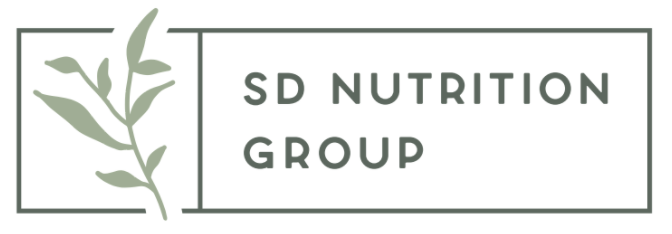Is Veganism Possible in Eating Disorder Recovery?
Veganism is a controversial topic in the eating disorder community, primarily due to the restrictive eating patterns that are often associated with this ethical movement. It is true that veganism involves removal of specific foods (all animal products and derivatives), but that does not mean that being vegan equals restricted eating. For those who are struggling with disordered eating or from an eating disorder, navigating veganism can be tricky.
If you suspect that your veganism may be impacting your eating disorder recovery, seek support from a qualified professionals to help navigate your veganism and recovery.
Alignment with values can be an impactful piece of eating disorder recovery, and the ethical movement of veganism is no exception! Though it is possible to obtain all necessary nutrients and maintain eating disorder recovery through veganism, special attention to some points is needed. Here are some things to consider as a vegan in recovery:
Supplements: As mentioned, some nutrients require special attention when removing animal products from you daily intake.
B-12: B-12 is always required for vegans. B-12 fortified foods such as nutritional yeast are not typically a substantial source and thus should not be used to meet 100% of your B-12 needs.
Calcium: Calcium needs can be met through low-oxalate dark leafy greens, calcium-set tofu, calcium fortified foods, etc. If you struggle with close attention to the number of calcium-rich foods you are consuming, a calcium supplement can be a great way to assure you are meeting your needs.
Additional supplements that may be of need are DHA, Iodine (if not using iodized salt), vitamin D, and iron. Consult with a vegan-informed health care professional if you suspect you are not meeting your daily needs.
Vegan alternatives: Vegan alternatives are a great way to reduce the feelings of food restriction that may accompany veganism. Be sure to explore what vegan products exist and how they can bring more nutrition, joy, and satisfaction to your meals. These may include vegan cheeses, ice creams, baked goods, meat alternatives, and dairy substitutes. If you find yourself restricting specific food groups, seek support from your team regarding how to address these food fears.
Re-assess your motivation: If your vegan journey began during or close to the onset of your eating disorder, continue to explore your motivation for veganism. If veganism ever feels too restrictive, it is always OK to take a step back. Remember that efforts towards animal liberation do not need to include food! You can donate your time or money to causes, speak out about injustices, and boycott companies that exploit animals.
Veganism while in eating disorder recovery is possible! Being mindful of the parts of veganism that can impact the eating disorder is important for sustained recovery. If you are struggling to find supportive health care professionals that are comfortable navigating the intersection of veganism and recovery reach out to us on our contact page. We would love to support you on this journey!
